


1st session: National Centre for Infectious Diseases, Singapore
2nd session: Statens Serum Institut, Denmark
Part 1. Antimicrobial resistance
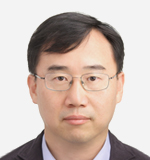
1) Vice president of The Korean Society for Antimicrobial Therapy
2) Professor of Kyungpook National University
1) The Korean Society for Antimicrobial Therapy
2) Kyungpook National University and Kyungpook National Hospital, Daegu, Korea
EDUCATION
PROFESSIONAL EXPERIENCE
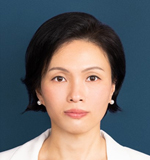
Senior Scientific Officer
IDivision of Antimicrobial Resistance Research, NIID, KNIH, KDCA
Topic
Abstract

Manager, Antimicrobial Resistance Coordinating Office
National Centre for Infectious Diseases (NCID)
Topic
Abstract

1. Senior Consultant
i. National Centre for Infectious Diseases
ii. Department of Infectious Disease, Tan Tock Seng Hospital
2. Associate Professor, Lee Kong Chian School of Medicine, Nanyang Technological University
National Centre for Infectious Diseases (NCID)
Topic
Abstract
Part 2. Long COVID-19
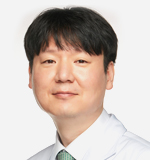
Professor
Yonsei University College of Medicine, Seoul, Republic of Korea
EDUCATION
PROFESSIONAL EXPERIENCE
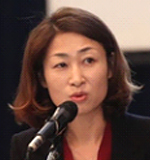
Topic
Abstract
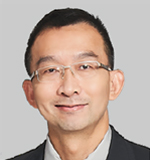
Photo credit: National Centre for Infectious Diseases
- Director, Infectious Disease Research & Training Office, National Centre for Infectious Diseases
- Deputy Executive Director, Programme for Research in Epidemic Preparedness and Response
- Senior Consultant, Department of Infectious Diseases, Tan Tock Seng Hospital
- Professor, Lee Kong Chian School of Medicine, NTU
National Centre for Infectious Diseases (NCID)
Topic
Abstract
Part 1. One health & Infectious disease

Professor/Director of Daejeon Center for Infectious Diseases Control
Chungnam National University School of Medicine, Chungnam National University Hospital
EDUCATION
PROFESSIONAL EXPERIENCE
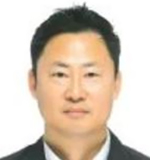
Director
Division of Vaccine Clinical Research
Center for Vaccine Research (CVR)
National Institute of Infectious Disease (NIID)
National Institute of Health (NIH)
Topic
Abstract
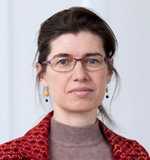
Senior Medical Officer, Reference Laboratory of Antibiotic Resistance
Statens Serum Institut, Denmark
Topic
Part 2. Tuberculosis Vaccines

Professor
Division of Pulmonary and Critical Care Medicine, Department of Internal Medicine Seoul National University College of Medicine
EDUCATION
PROFESSIONAL EXPERIENCE

Senior Staff Scientist
Division of Infectious Disease Vaccine Research, National Institute of Infectious Disease, NIH, KDCA
Topic
Abstract
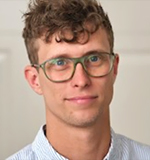
Topic
Abstract